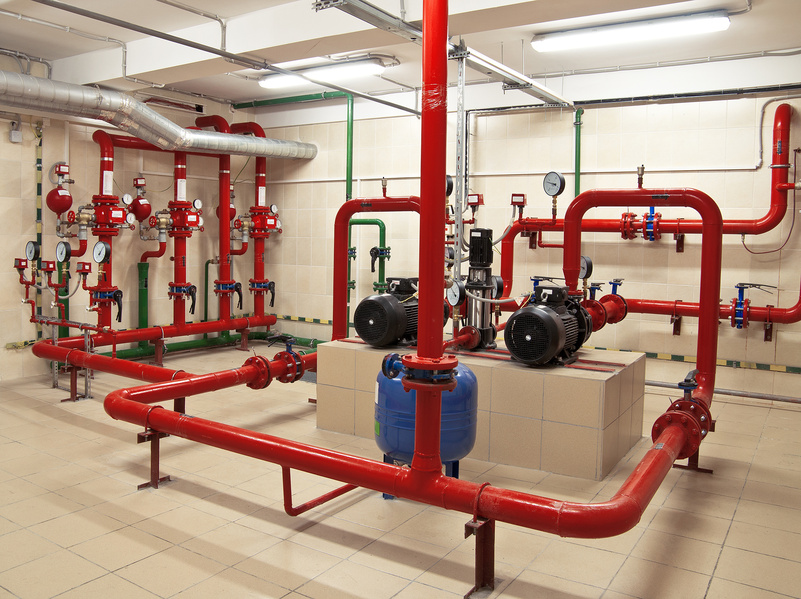
Did you remember to set your clocks back when you went to bed last night?
Did you enjoy the extra hour of sleep?
Remembering the saying spring forward and fall back also serves as a reminder to many homeowners to also perform the twice a year check on the smoke detectors and carbon monoxide detectors in their homes. A recent report, in fact, indicated that in many cases merely checking the batteries on these all important warning systems in the home may not be enough. The report indicates that if a fore alarm or a carbon monoxide detector is 10 years old it likely needs to be replaced. For while the batteries may be new, the sensors in older detectors may no longer be effective.
Although homeowners use a couple of calendar dates to remind themselves to check the fire protection systems they have in their homes, commercial fire protection guidelines are not so random. In almost all parts of the country, regular commercial fire protection inspections are required by law. From the beginning of a business when the building is first being built, clear through a final inspection that must be passed before the building can be occupied, commercial fire protection guidelines must be closely followed. Fire protection services require the coordination of fire sprinkler contractors and other construction supervisors to make sure that problems are caught earlier and that opening dates are not delayed.
Once a building passes inspection and is allowed to open, frequent commercial fire protection inspections are still required. Sometimes twice a year, sometimes once a year, sometimes announced, sometimes unannounced, all of these visits have exactly the same goal: to make sure that the business or agency is as prepared as possible for a fire or smoke event.
Current Fire Statistics Are Frightening
Keeping your employees, your customers, your inventory, and your properties safe from fire and smoke damage is important. Unfortunately, some of the scariest fire statistics occur in restaurant kitchens, healthcare facilities, and apartment complexes.
- 19% of non-confined fires in hospitals are the result of electrical malfunctions.
- 55% of confined fires in medical facilities are a result of cooking fires.
- 1,200 hospital fires were responded to by fire teams in the year 2010, according to the National Fire Protection Association (NFPA).
- 65% of businesses do not have any kind of fire evacuation plan.
- 15 deaths and 150 injuries are caused by hotel and motel fires every year.
- $76 million in property is lost in hotel and motel fires every year.
Are you doing enough to keep your employees, customers, and clients safe? It only takes one fire that leads to a loss of life to cause devastating losses to a company. Business owners who are first building or buying a building should work with contractors who are well versed and experienced in the local fire codes. Corrections half way through a construction project can be very expensive and cause major delays.
Contractors who work well with the local fire marshall and understand what is needed to comply with all fire regulations and codes deliver the safest products. Contractors who, on the other hand, brag about knowing ways to get around difficult to meet fire regulations may not provide you with the kind of building that will keep your employees, customers, clients, and inventory safe.
Fire codes exist for a reason. Did you know, for instance, that In commercial areas with large oven ranges, non-chemical fire suppression systems operate effectively 96% of the time. Operating a commercial kitchen without the latest fire prevention and extinguisher technologies are not as effective. As further evidence of why you should make sure that your building is up to code, consider the following: the NFPA has no record of a fire killing more than two people in a completely sprinklered building when the system was properly operating. the sprinklers may be expensive to install and may require more inspections, but they are worth both the money and the effort.
Although homeowners may be more lax in their approach to fire and smoke alarms, commercial buildings are often more crowded with both staff, patients, or customers. Commercial fire codes exist to make sure that the people in a large building are as safe as possible.
